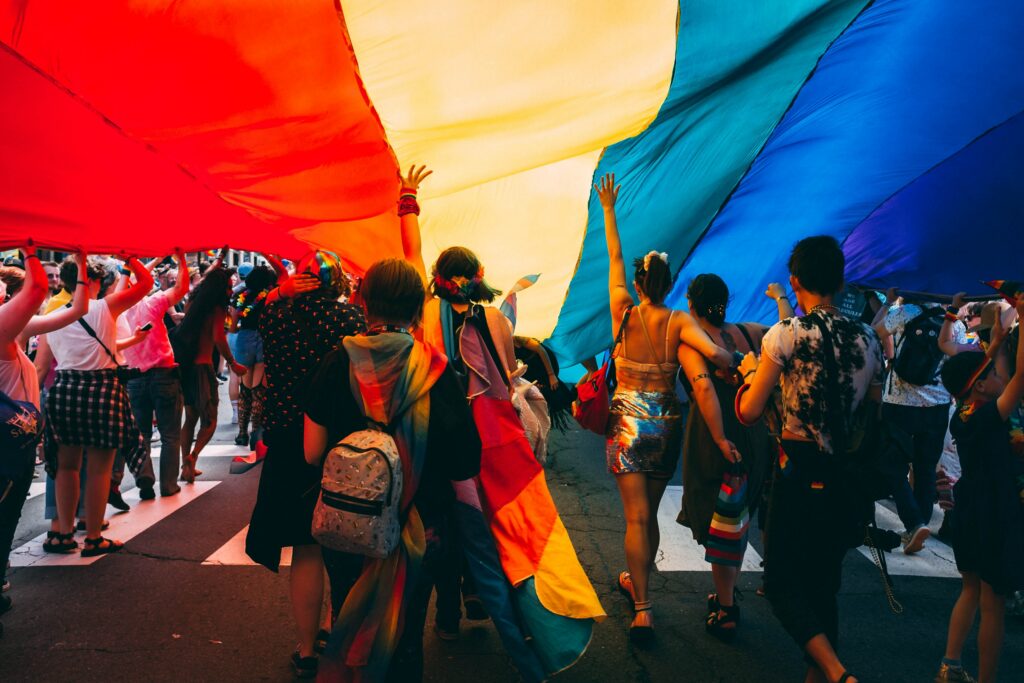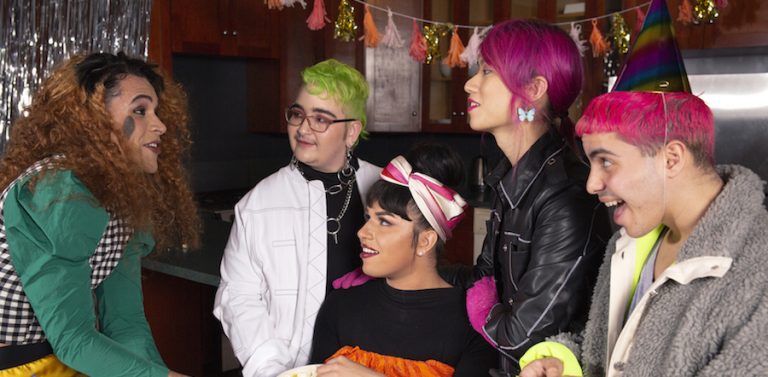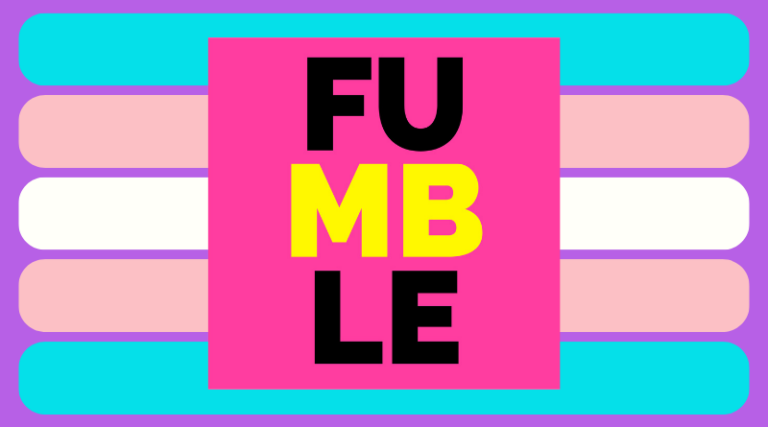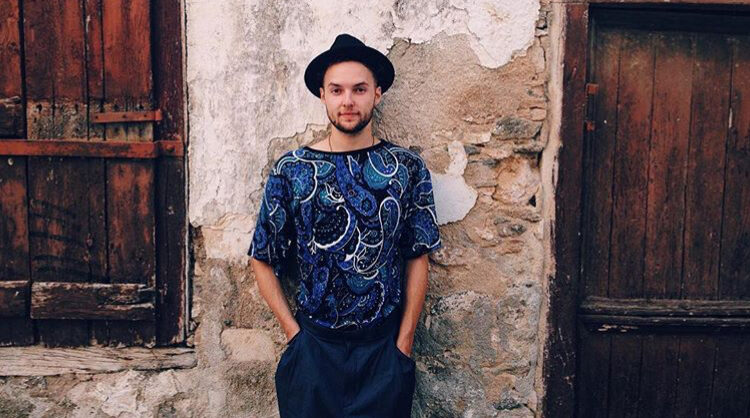Do I have to come out?
Coming out is great for lots of reasons, but it’s never okay to pressure people to come out
You might feel like a weight has been lifted off your shoulders. Like you can be more yourself around your friends and family. Like you can start to really enjoy and explore your dating life.
But lots of LGBTQ+ people feel pressured to come out before they’re really ready. This might be because they feel guilty over ‘lying’ about their identity. Their friends and family might ask them awkward questions about their dating life and history. Or they might feel that, as society is generally more accepting today, they shouldn’t be scared of coming out.
There’s also a lot of debate over whether straight actors and writers should play and create LGBTQ+ characters. You might feel like you need to come out so no one can accuse you of appropriating queer culture by attending Pride, wearing rainbows, or creating and enjoying queer content as a straight-presenting person.
But is it ever okay to pressure people to come out? The short answer is no.

You should never have to come out before you’re ready
In an ideal world, everyone would use inclusive language and let you take things entirely at your own pace. There’d be no need to come out because no one would assume things about you until you told them so. Unfortunately, that’s not yet the case. However, your sexuality and gender identity is deeply personal and you should be able to come out on your own terms and in your own time.
Becky Albertalli, an author, was criticised recently for writing about queer characters as a straight woman – when she’s actually bi. Her coming out essay demonstrates the damage of assuming people’s sexuality.
She says, “this isn’t how I wanted to come out. This doesn’t feel good or empowering, or even particularly safe”. The online scrutiny over her sexuality would make her feel “uncomfortable, anxious, almost sick with nerves”. It can be helpful to remember that, even though we think we’re doing the right thing by discussing who should tell which stories, we might be hurting someone without knowing it.
Becky’s words are very reassuring for people feeling pressured to come out:
“I called myself straight in a bunch of early interviews. But labels change sometimes. That’s what everyone always says, right? It’s okay if you’re not out. It’s okay if you’re not ready. It’s okay if you don’t fully understand your identity yet. There’s no time limit, no age limit, no one right way to be queer.”
Why might people decide not to come out?
Becky also reminds us that, as a financially independent adult, she’s “one of the lucky ones”. This situation could be a thousand times worse for a young person who’s dependent – emotionally, financially, for housing, or other key things – on their parents.
Homophobic and transphobic parents have been known to verbally abuse their children, deny them food, and even kick them out on the streets. Homophobic and transphobic bullying is one of the most common types of bullying in schools. And LGBTQ+ people are still harassed in gyms, on transport and in their places of work. Because all these risks are still present, you should never scrutinise or try to uncover someone’s sexuality or gender identity.
When should I come out?
It’s important to remember that being ‘in the closet’ doesn’t make you afraid, deceitful, ashamed, self-hating or a “bad” queer person. There’s lots of ways to celebrate pride on the inside as well as the outside. If you don’t want to come out, that’s okay! Just make sure (to your best ability) that you’re not internalising the homophobia and transphobia around you, and to remind yourself that these prejudices are wrong.
You might choose to be out to certain people in your life and not others. And that doesn’t make you incomplete or ‘less’ queer. You should only come out when you know that doing so will make you feel happier, more free and less worried, than not being out makes you feel.
How can I help my friends?
Regardless of the way they look, dress and who they’ve dated in the past, anyone could be LGBTQ+, so it’s best to practise inclusive language no matter who you’re around. Ask people’s pronouns when you meet them and use “partner” instead of girlfriend, boyfriend, husband and wife, until told otherwise.
Call out homophobic and transphobic comments when you hear them, read LGBTQ+ literature and watch LGBTQ+ programmes, so you have a better understanding of the community. Avoid these questions LGBTQ+ people are tired of hearing. These are only small changes to make but they can mean the world to your friends.
Other support
- How to be a good ally to your LGBTQ+ friends
- Coming out: 7 tips and suggestions
- LGBTQ+ counselling services
- Janelle Monáe says people shouldn’t feel ‘pressure’ to come out before they’re ready
- Brook – Find LGBT+ support near you
Read more
Last Reviewed 26 April 2021
Image Credit: Zackary Drucker via The Gender Spectrum Collection







